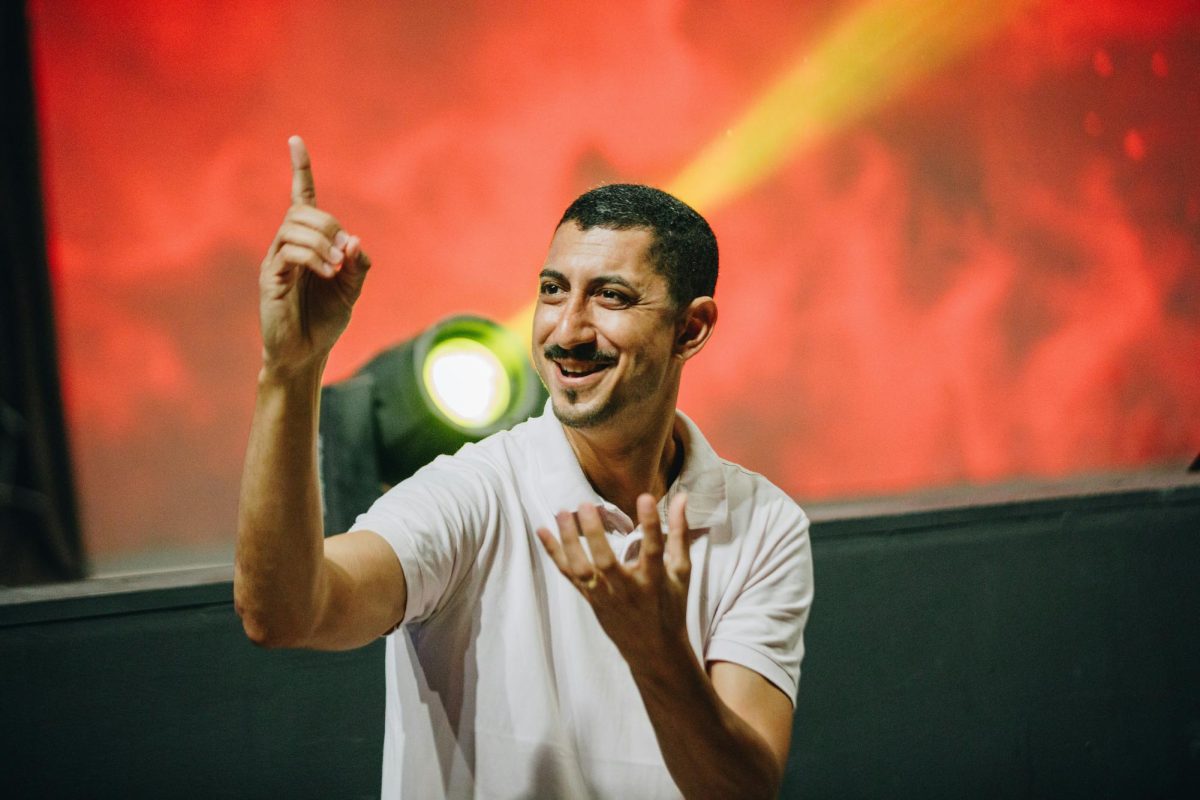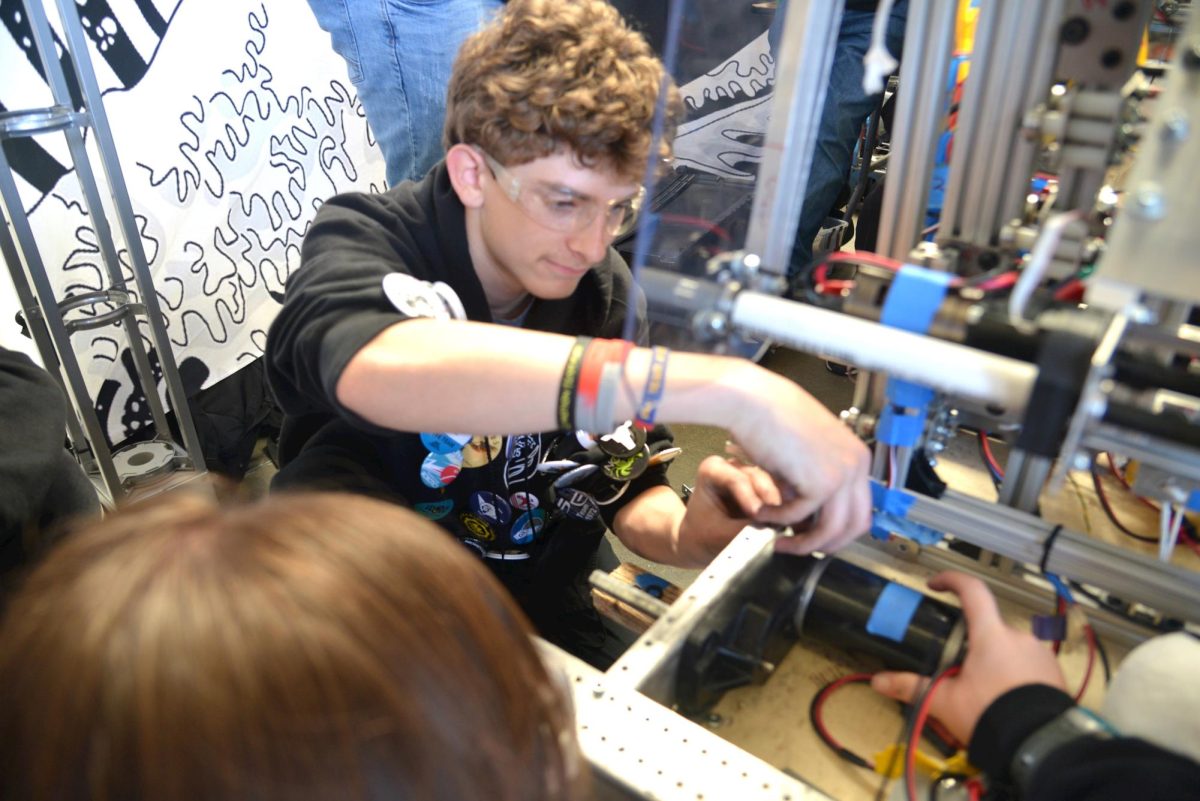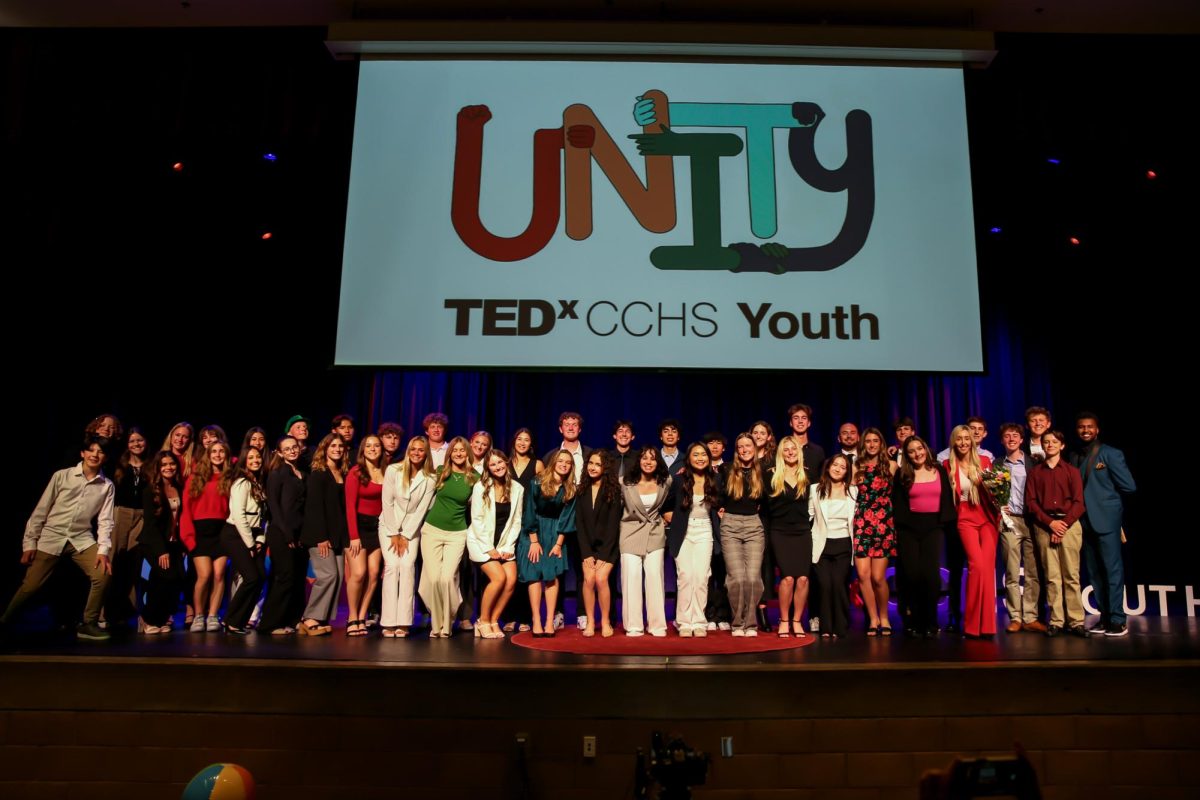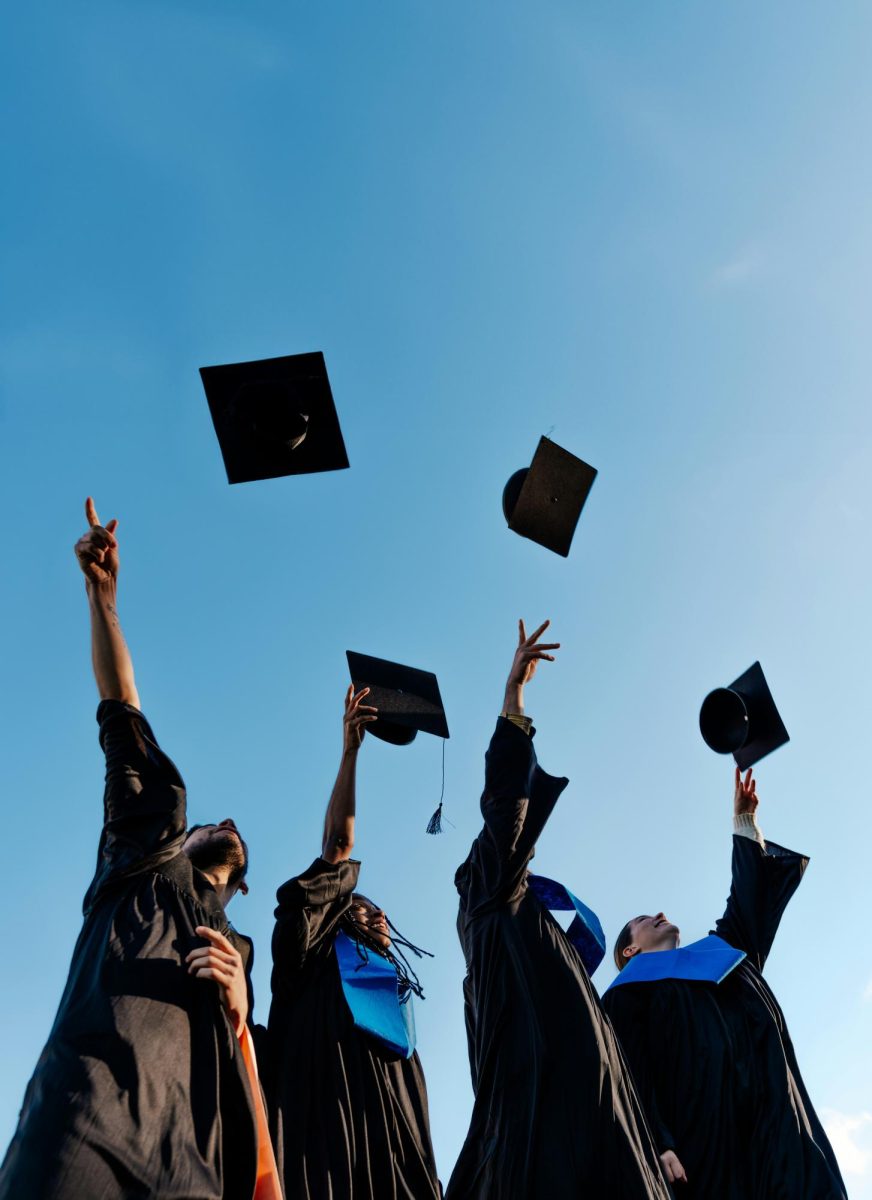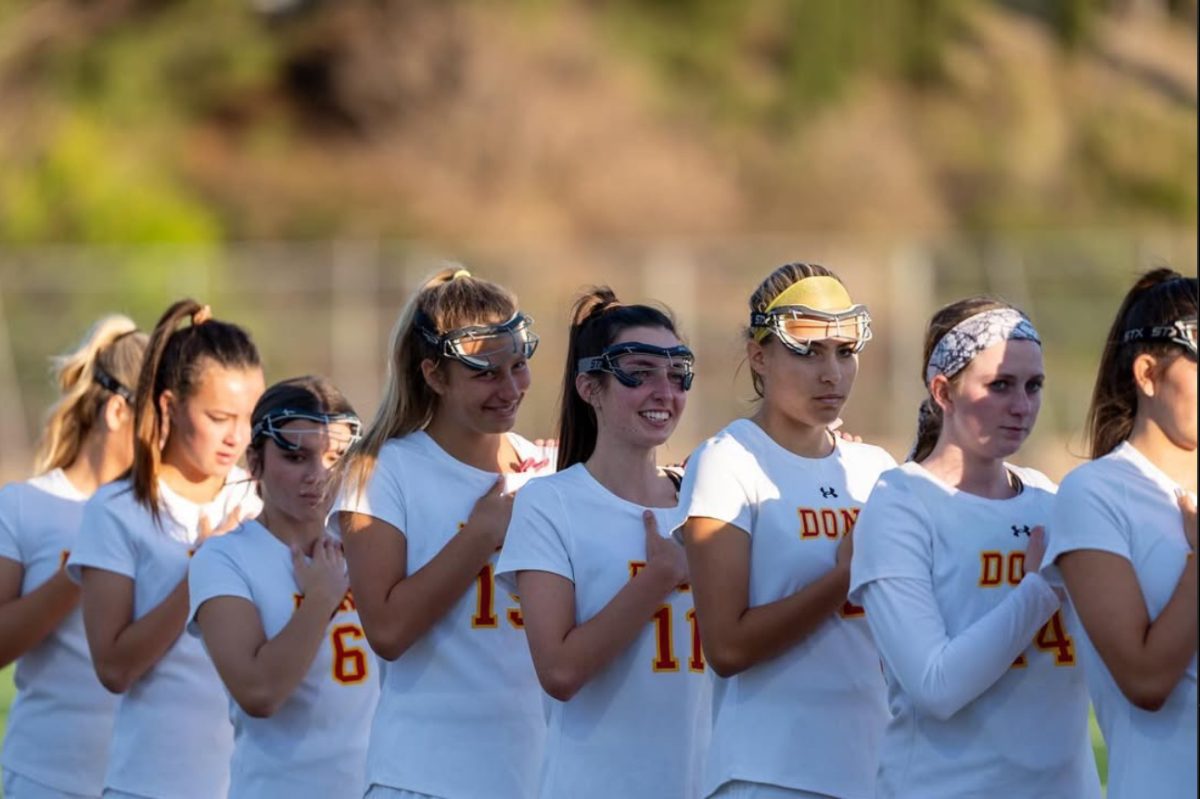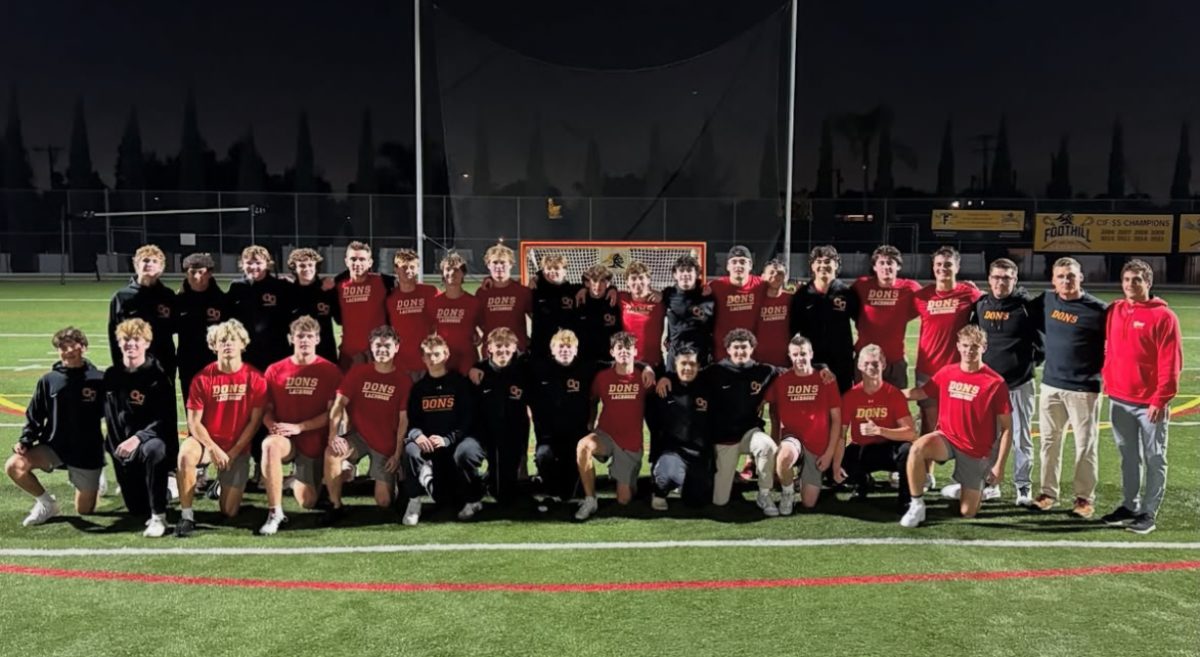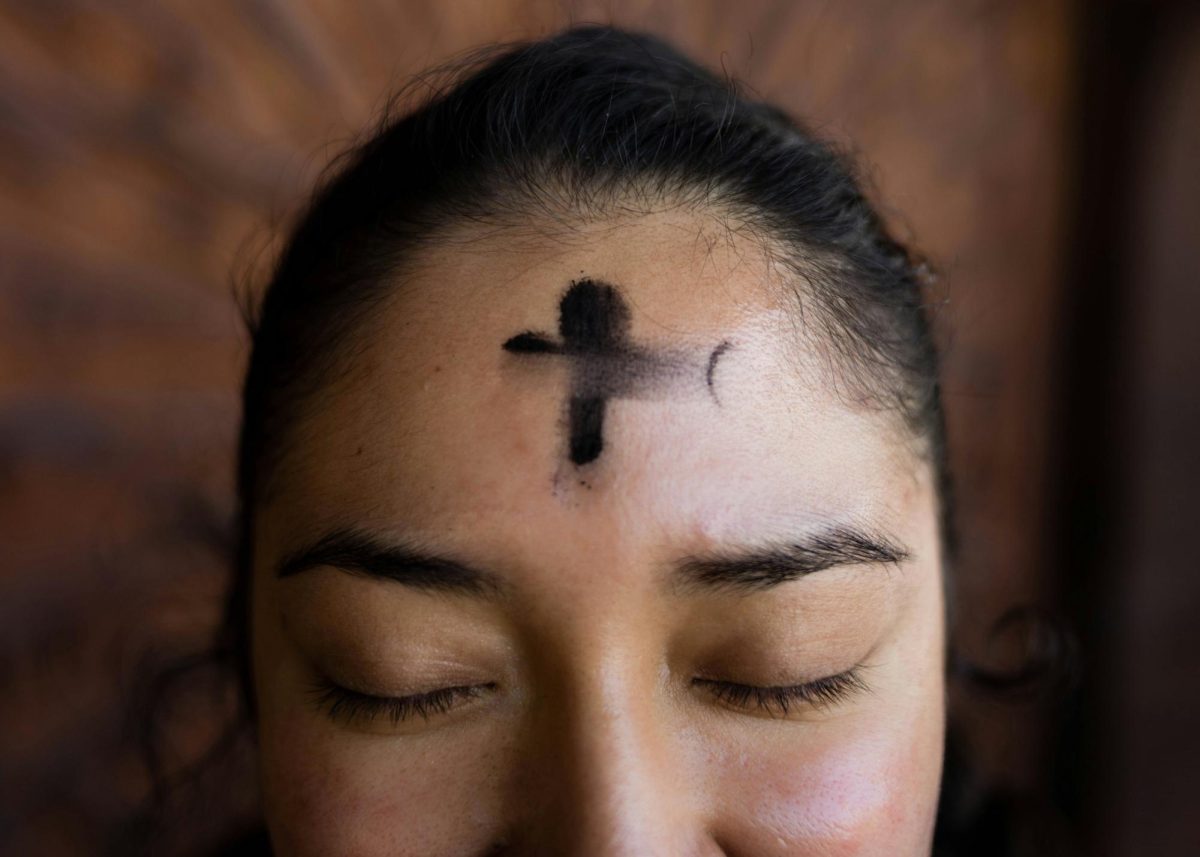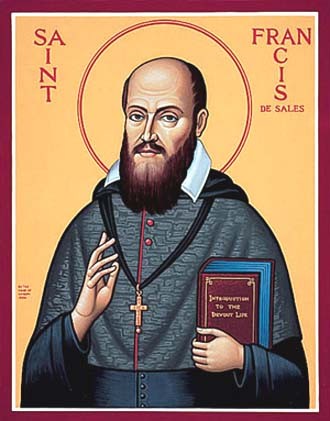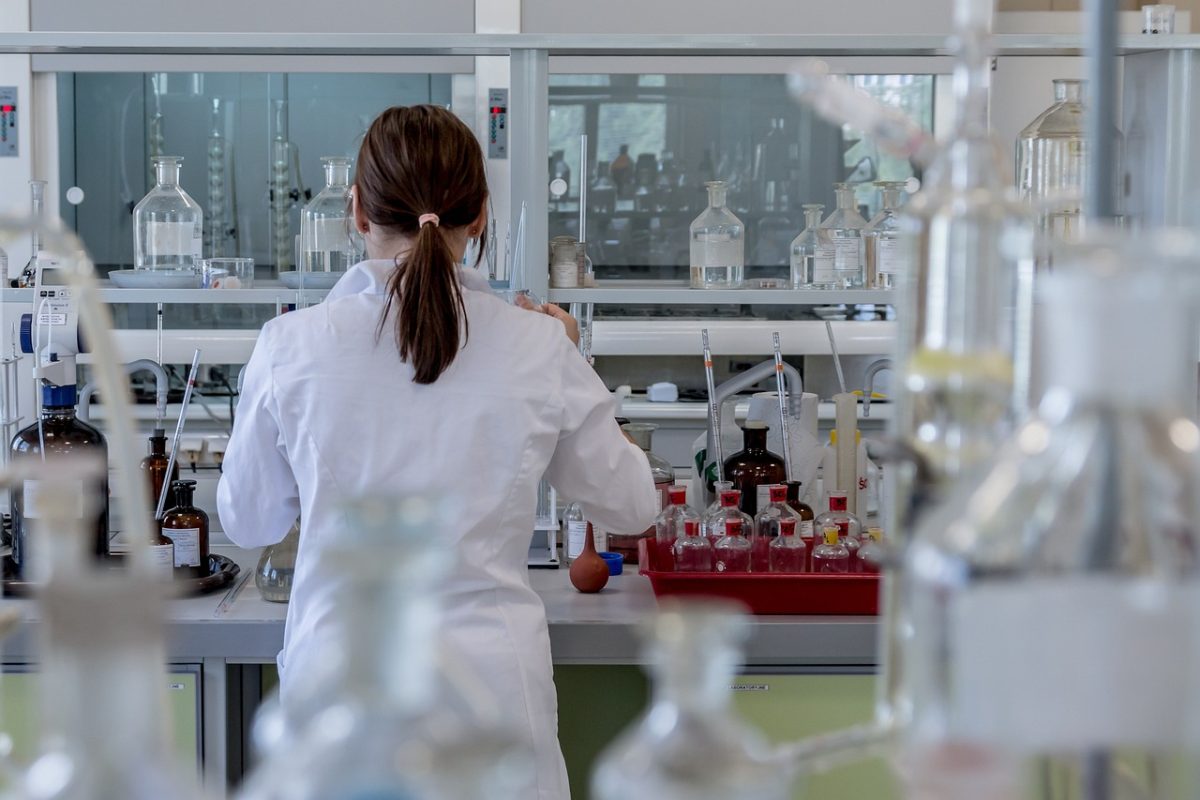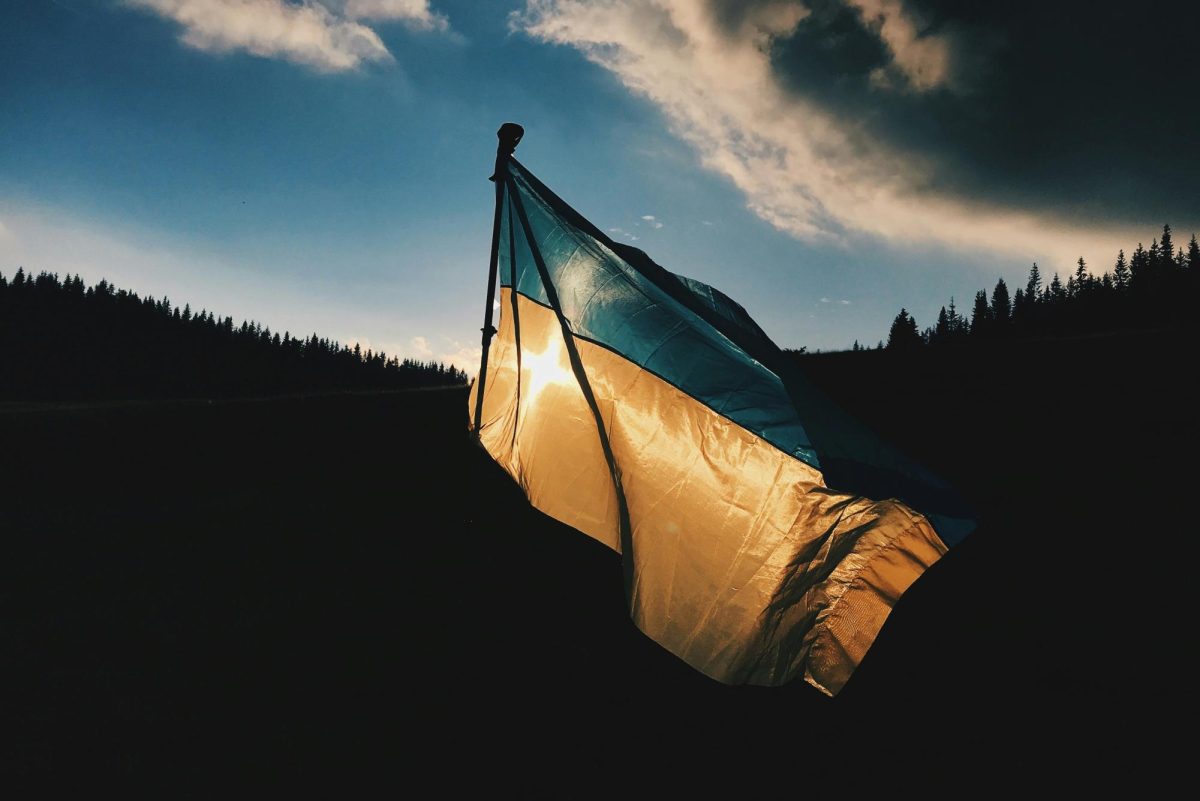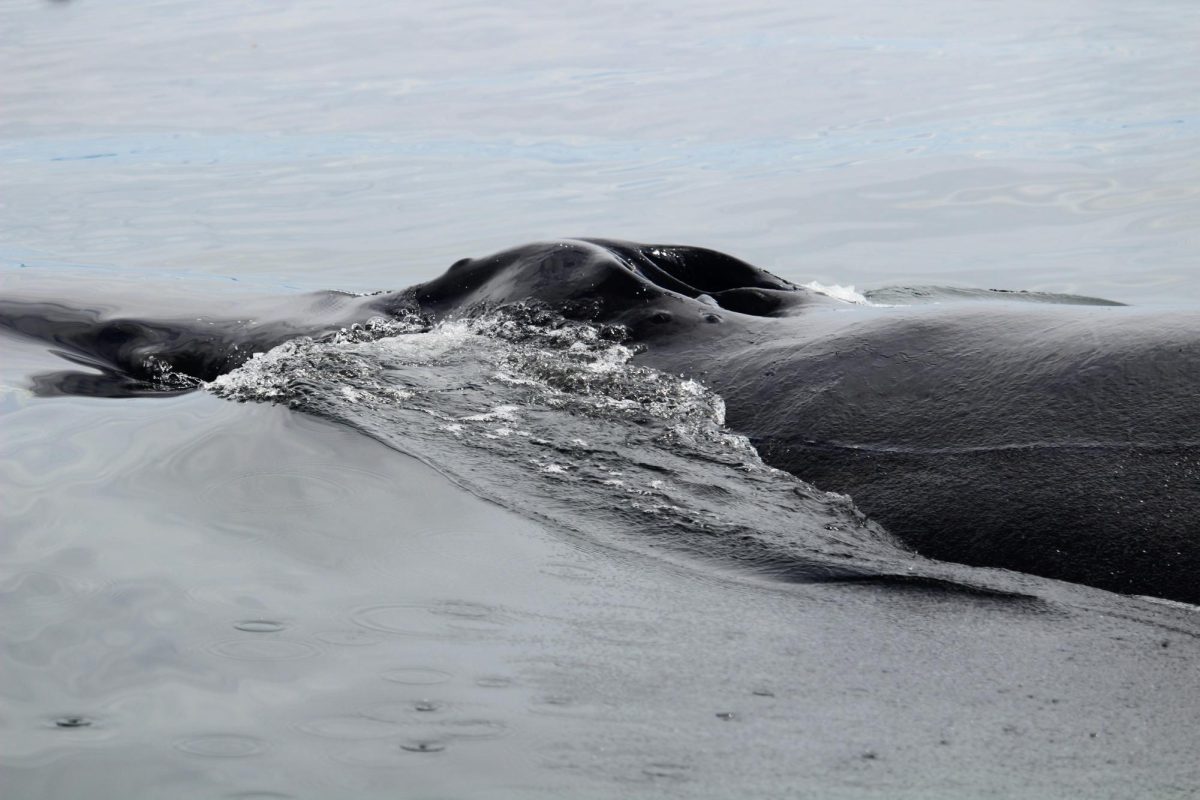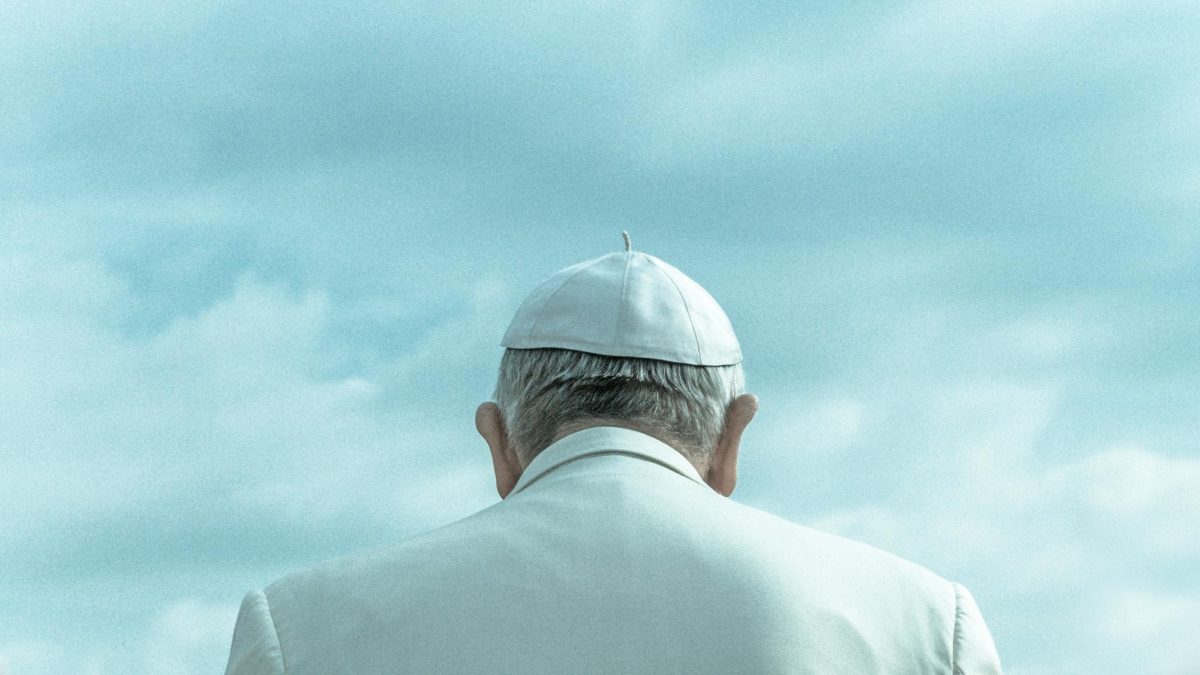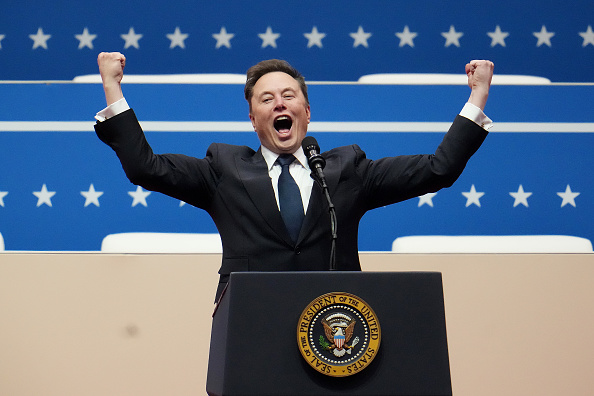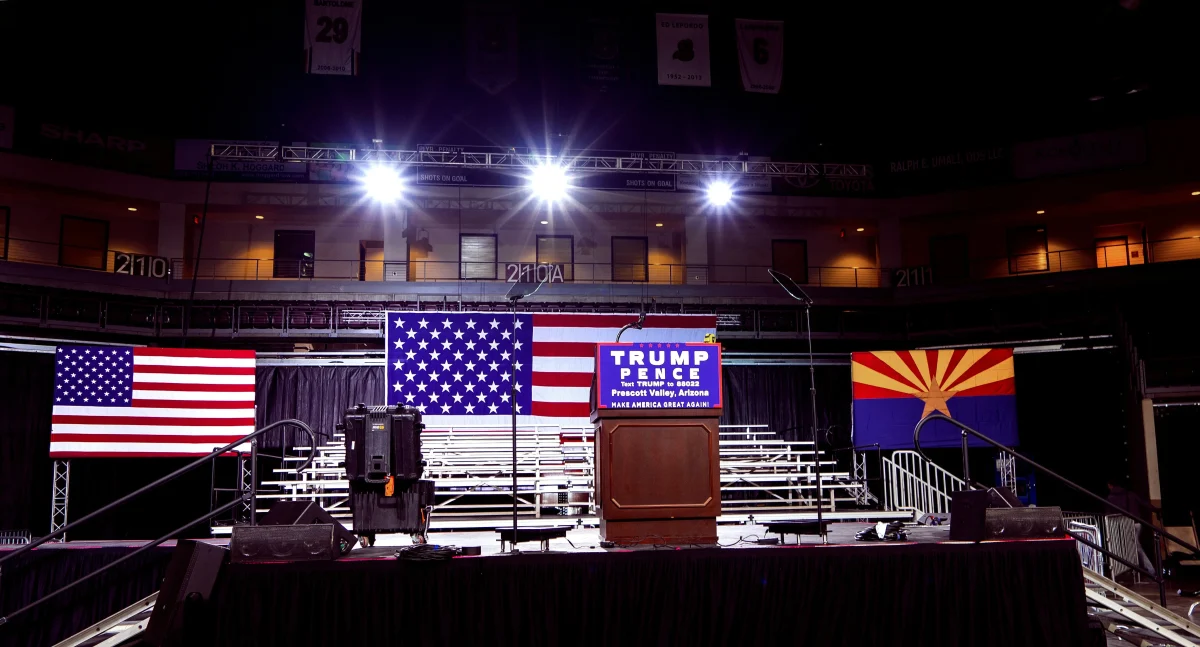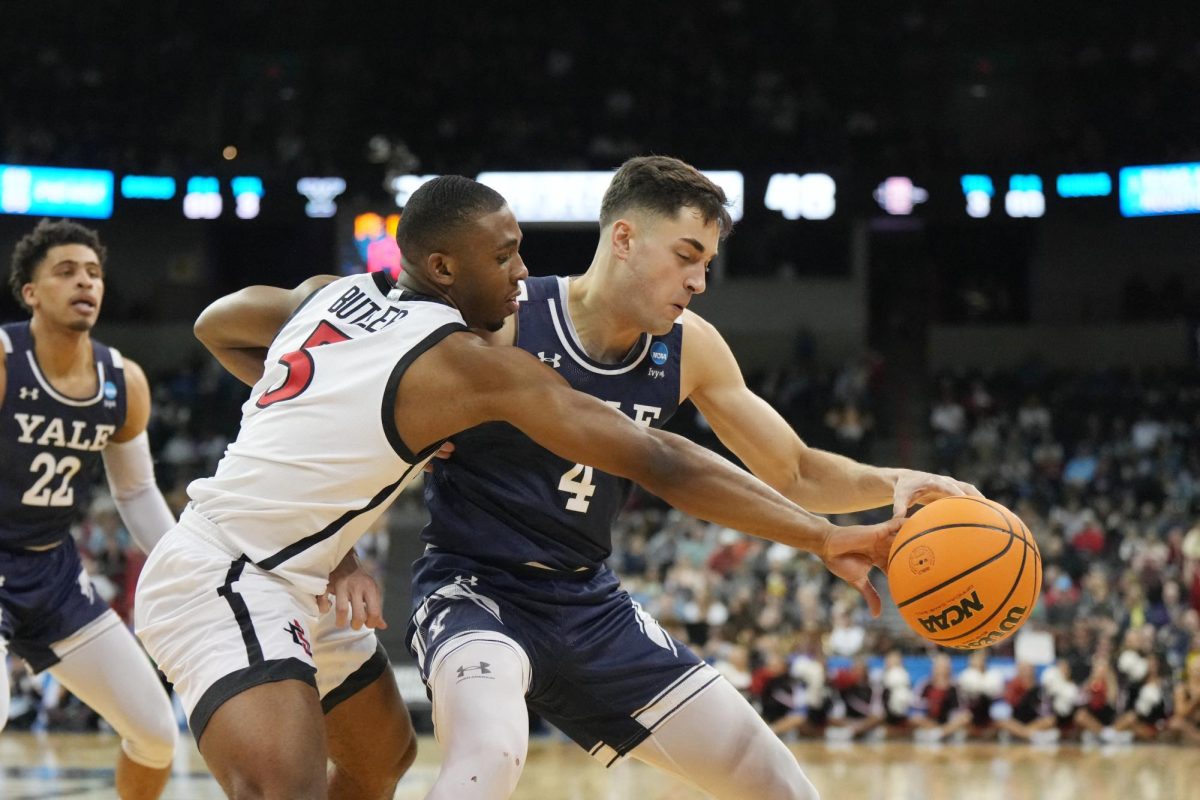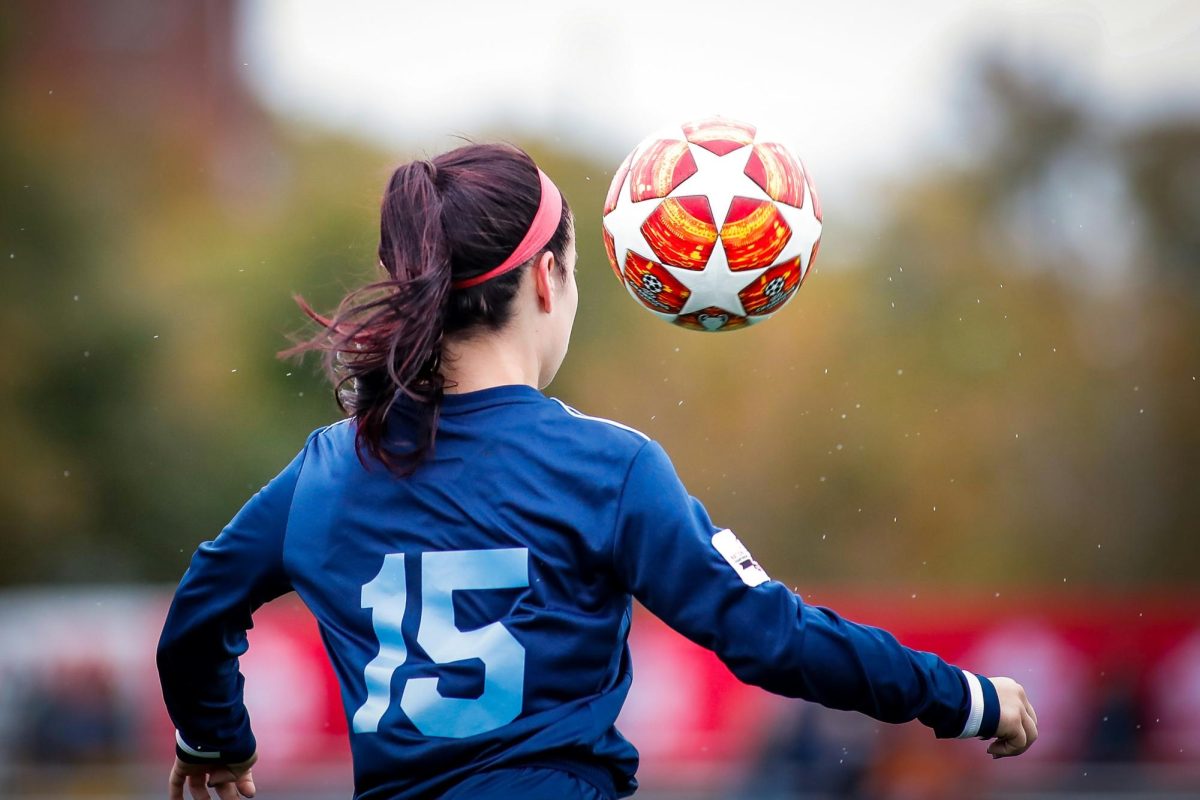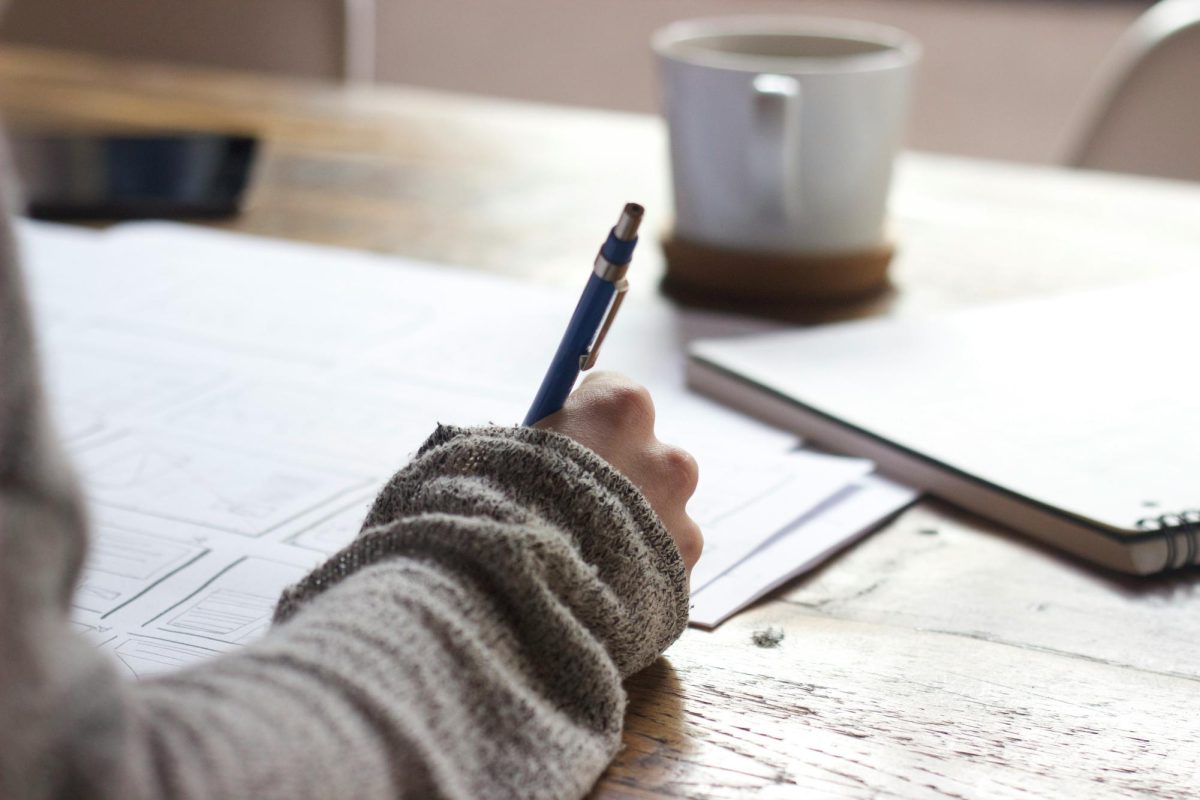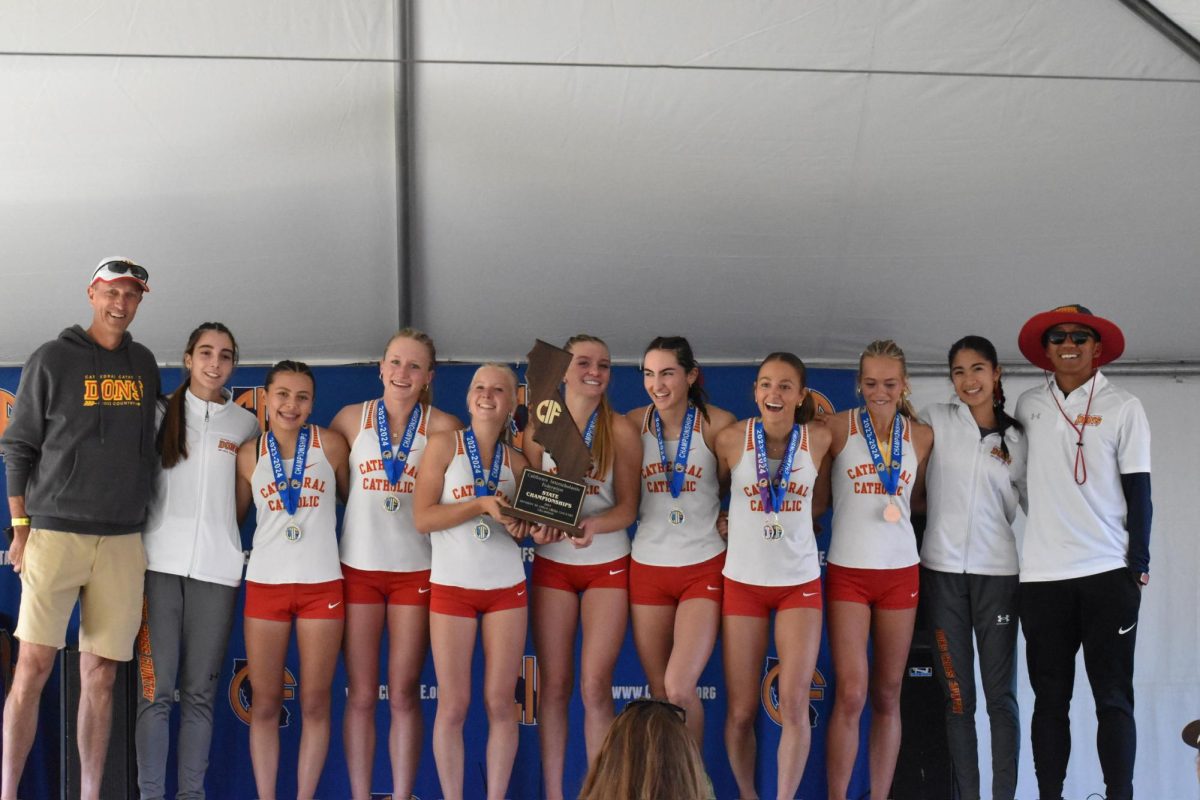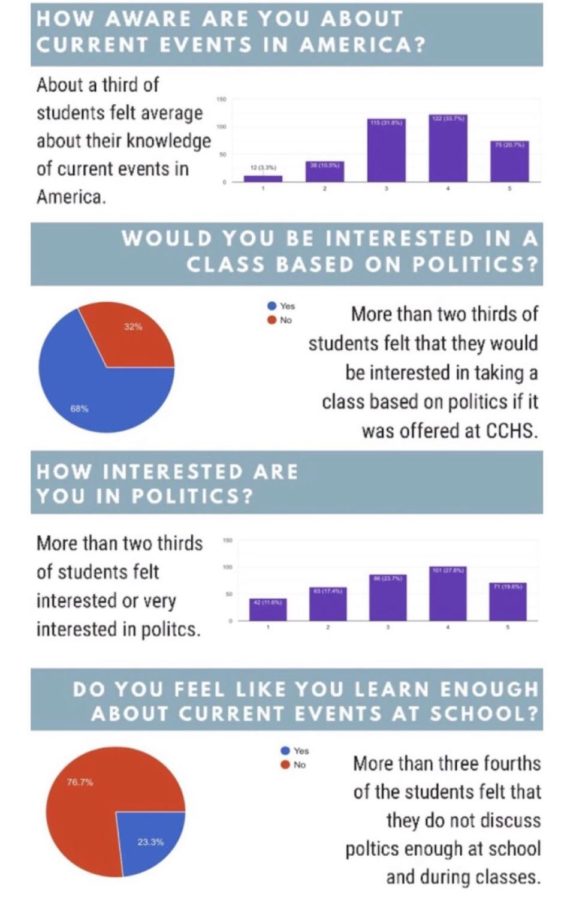After the vote: what now?
Students recently contributed to a poll based on what their thoughts are on politics and taking a class based on current events.
American politics recently underwent change after the November midterm elections, but many Cathedral Catholic High School Students are still unaware about the country’s state of government.
During the midterm elections, there were a set of 11 different propositions in California. The propositions included ones angled towards helping funding for housing and construction, establishing new rules that have emergency ambulance workers to remain on call during breaks, and creating more humane regulations for food companies that have animals.
Mr. Gavin Newsom was elected Governor of California, Mrs. Eleni Kounalakis was elected Lieutenant Governor, and Mr. Xavier Becerra was elected Attorney General.
These facts all contribute to California’s politics and are important to the future of the country, but do students at CCHS recognize these changes?
CCHS government and dual-enrollment history teacher Mr. Don De Angelo commented on how he discusses politics with his students on a regular school day.
“For example, today we discussed the recent political campaigns,” Mr. De Angelo said. “Every time we discuss current events I choose a different topic or term, and I relate it to this past election.”
Mr. De Angelo discussed how he would like to see politics play a bigger role in the classes at CCHS.
“It would be really nice to see a young republican and young democrat form groups and hold debates,” Mr. De Angelo said. “There is a growing problem that is really going to affect this generation more than any other age group in America, and that is debt. So students would really benefit by being more aware and understand the process better.
“The media can distort a lot of information and not necessarily clarify things, and as voters, we can be misinformed and not have all the facts.”
CCHS student Xander Stowe ‘21 believes CCHS should have more outlets for students to voice their opinions on politics and current events.
“I think that [CCHS] should offer a class about politics and have debates about current events that is available for students to take,” Stowe said.
Students getting more involved and aware of the changes occurring in our country can help CCHS become a better-informed community.
“I believe it would benefit CCHS in many ways,” Stowe said. “It would show kids what is happening in today’s world since not a lot of kids are aware about everything going in politics.”
To increase political awareness among students and voting statistics, CCHS student Megan Bugg ‘19 set up a voter registration booth on campus just before the November elections.
“Having the opportunity to register right in front of you is simply a no brainer,” Bugg said. “Especially because you can check one box on the sheet and instantly always have ballots mailed to your home, never even needing to go to a polling place.”
According to an article written by BBC News, the younger generations are less likely to vote as opposed to the older generations.
After BBC questioned 40,000 households, they found that slightly less than one third of people ages 16 to 24 showed interest in current events and politics.
Nearly half of the same age group showed no interest in politics, whereas in people over 65, only about a fifth had no interest in politics.
Older generations had a much different idea on voting. Around two thirds of adults felt that voting is an obligation and felt much stronger about making an effort to vote, but that same sentiment does not seem prevalent in young minds of today.
“One of the lucky privileges Americans are given is the ability to vote for our leaders and so many people don’t take advantage of it.” Bugg said.
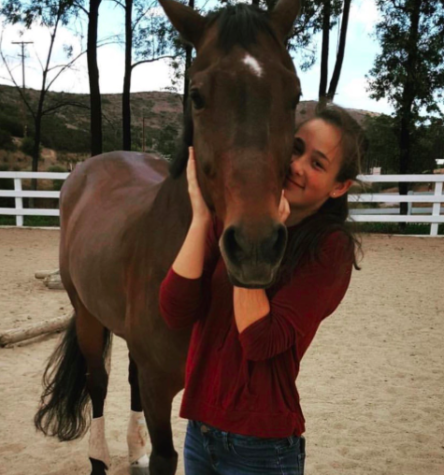
During my sophomore year at Cathedral Catholic High School this year, I look forward to writing for El Cid as the Photo Editor and experiencing the writing...



